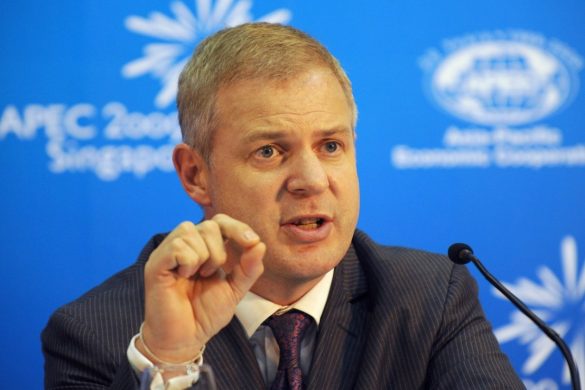Tax receipts rose at a slower pace than expected in January, new figures show, in a sign that the poor performance of the economy could have damaging fiscal consequences.
According to figures from the Office for National Statistics (ONS), the government recorded a monthly surplus of £15.4bn, meaning it received more in taxes than it spent.
But this fell short of the £20.5bn surplus anticipated by experts at the Office for Budget Responsibility (OBR).
“The undershoot was largely driven by disappointing tax receipts, which were £4.6bn below the OBR’s forecast, reflecting the recent weakness of the economy,” Alex Kerr, UK economist at Capital Economics said.
The public finances tend to be in surplus in January, due to the collection deadline for self-assessed income taxes.
This was the highest monthly surplus since monthly records began in 1993.
“While the public finances are often in surplus in January, this year saw the biggest monthly surplus on record, with high January self-assessment receipts bolstering income,” Jessica Barnaby, deputy director for public sector finances at the ONS said.
In the financial year to date, borrowing hit £118.2bn, which was £11.6bn more than at the same point last year and the fourth highest at this point in the year since records began.
Despite the surplus, the figures will pile further pressure on Chancellor Rachel Reeves, as they suggest that the subdued economy has depressed tax receipts more than experts expected.
This will make it more difficult for Reeves to adhere to her key fiscal rule, which requires tax receipts to fund day-to-day spending.
The Chancellor left a buffer of just £9.9bn against her key fiscal rule in October, but many experts think this has been wiped out by slow growth and higher borrowing costs.
The OBR is currently preparing its latest round of economic forecasts, which will determine whether Reeves is on track to meet her pledge.
The forecasts will be published later in March. According to reports, early drafts suggest that Reeves must find some extra cash to ensure she meets the fiscal rule.
“If the Chancellor remains committed to her fiscal targets, then the Spring Statement may need to contain more tax and spending changes,” Dennis Tatarkov, Senior Economist at KPMG UK said.
Reports at the end of last week suggested Reeves was considering extending the freeze on income tax thresholds due to the parlous state of the public finances.
“This government is committed to delivering economic stability and meeting our non-negotiable fiscal rules. We will never play fast and loose with the public finances,” Chief Secretary to the Treasury, Darren Jones said.



